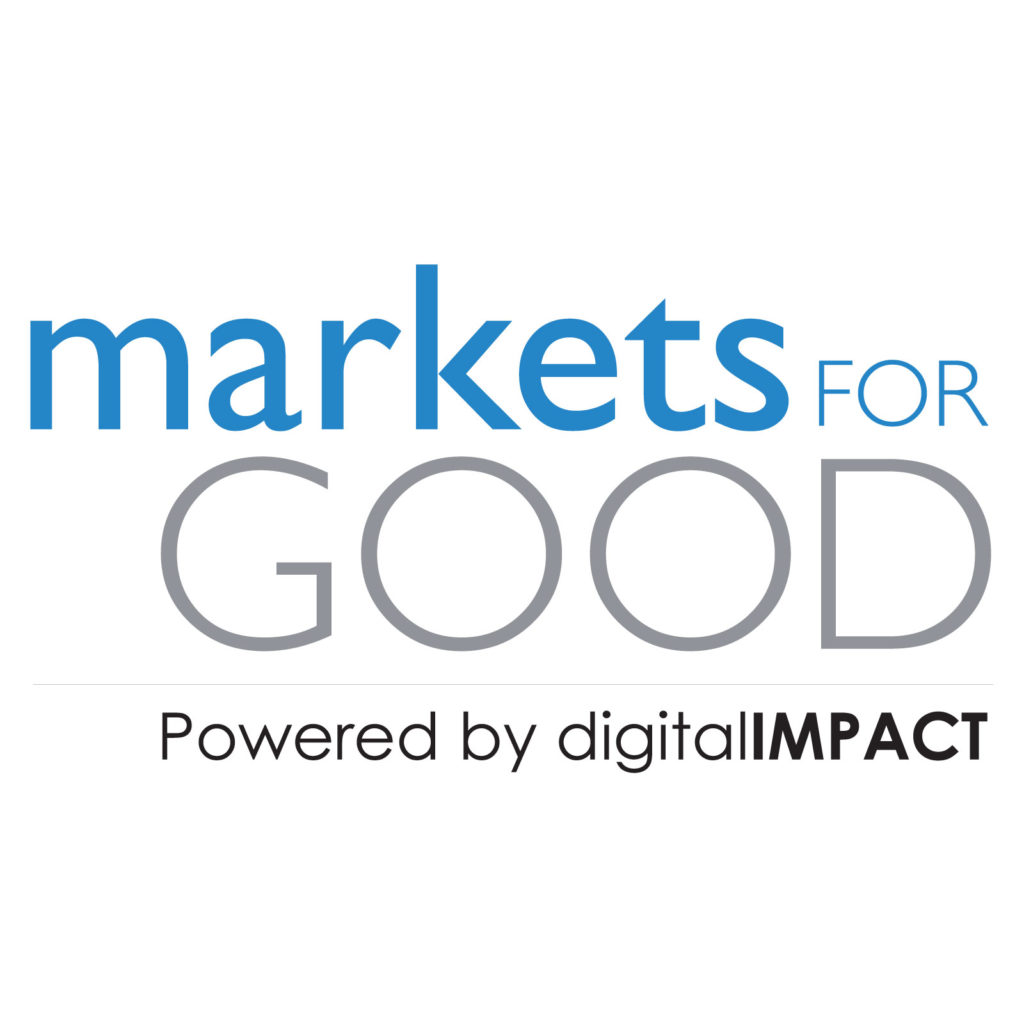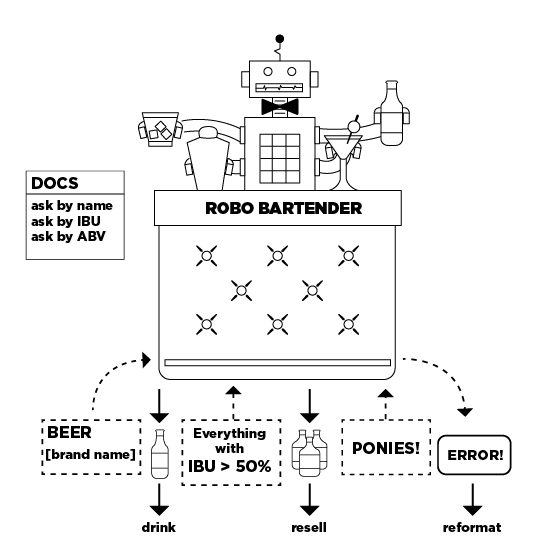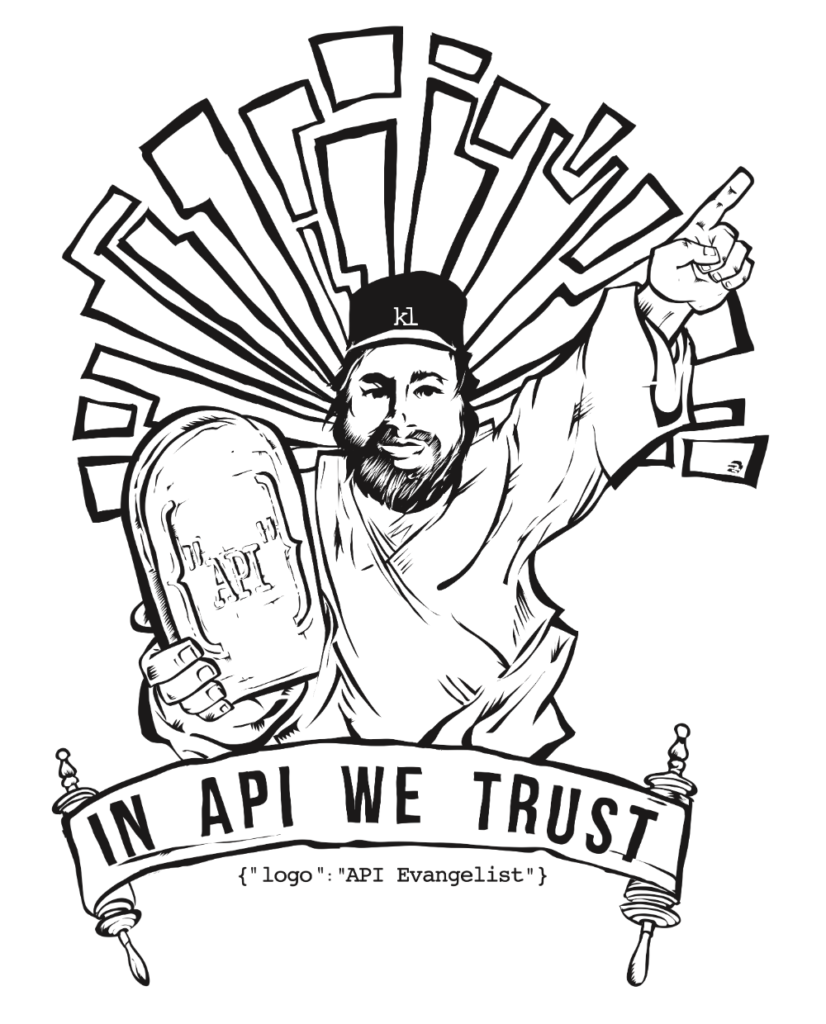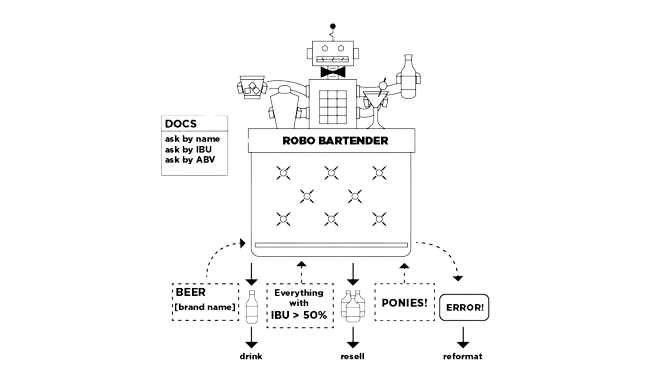The Open Referral Initiative’s next chapter starts now!
Open Referral has helped over a dozen community organizations find new ways to share resource directory information about the health, human, and social services available to people in need. Our Human Services Data Specification provides a common ‘machine language’ that any technology can be programmed to import and/or export. This work has spurred a proliferation of ‘Application Programming Interfaces’ (APIs) — which expose machine-readable resource data for third-parties’ systems to query in real-time, so they can repurpose it in new ways.
 So our newest mission is to establish interoperability across this new wave of resource directory APIs, so that machine-readable data about human services can be easily accessed and shared with a common protocol — regardless of technology, jurisdiction, organizational status, etc.
So our newest mission is to establish interoperability across this new wave of resource directory APIs, so that machine-readable data about human services can be easily accessed and shared with a common protocol — regardless of technology, jurisdiction, organizational status, etc.
Toward this end, we’ve received funding from the Markets for Good program — which is now a part of the new Digital Impact initiative (digitalimpact.io) hosted by the Digital Society Lab at Stanford’s Center for Philanthropy and Civil Society!
Read Digital Impact’s announcement about the Markets for Good grantee cohort here.
§
It’s often hard to describe APIs to non-technical audiences. (I once wrote about creative ways to engage this challenge.)

APIs offer protocols with which applications can “get” and “put” information about, for example, human services. From Code for America’s Ohana Project to other ongoing initiatives such as Ontario 2-1-1’s Open211 initiative, multiple APIs have now been built in accordance with HSDS. Our machine-language now must evolve into this additional layer. To achieve our goal of interoperable, sustainable, and scalable resource directory information ecosystems, we need APIs across this growing field to ‘speak’ a common language — no matter what underlying programming language their own technology ‘speaks.’
With support from Digital Impact, Open Referral is now partnering with the Alliance of Information and Referral Systems to facilitate the standardization of APIs across the information-and-referral sector.
Specifically, we will develop an OpenAPI specification that can align any provider’s resource directory API — from those offered by accredited referral providers, to those offered by emerging startups, and even APIs from government data portals and other civic data infrastructures.
 This project is launching under the leadership of Kin Lane, the API Evangelist, who has pioneered the use of standardized APIs for public good through stints at the White House Presidential Innovation Fellows, the Knight Foundation-funded Adopta Agency project, and elsewhere. (Kin has already gotten to work sketching out some ideas — check it out here and subscribe to this Github thread for more specific details.)
This project is launching under the leadership of Kin Lane, the API Evangelist, who has pioneered the use of standardized APIs for public good through stints at the White House Presidential Innovation Fellows, the Knight Foundation-funded Adopta Agency project, and elsewhere. (Kin has already gotten to work sketching out some ideas — check it out here and subscribe to this Github thread for more specific details.)
The OpenAPI specification development will formally begin in March.We’ll shape this working process through communication in our Google Group (join here!), our Github organization, and our Slack team (email [email protected] to request an invite).
We welcome participation from resource directory API implementers across the field, and we also have modest stipends to offer a small number of ‘subject matter experts’ who will serve as our key stakeholder representatives along the way.
Please be in touch to learn more — and thanks of you who have already worked to set this next mission up to succeed.


Leave a Reply